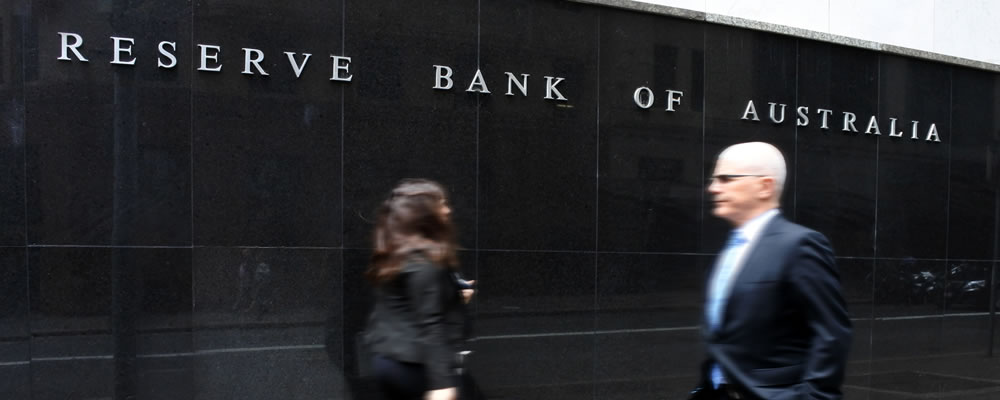Euro to Australian Dollar Exchange Rate Continues to Benefit from AUD Weakness
Despite a lack of fresh drivers in Euro (EUR) movement this week, the Euro to Australian Dollar (EUR/AUD) exchange rate has seen significant gains thanks to broad weakness in the Australian Dollar (AUD).
Since opening this week at the level of 1.5861, EUR/AUD has climbed almost two cents. On Thursday morning, EUR/AUD touched a high of 1.6067 – the pair’s best level since April. At the time of writing, EUR/AUD trended slightly lower at the level of 1.6035.
Mixed Eurozone data thus far this week has left the Euro reacting mostly to more global forex news, and it has been able to sustain solid gains against a tumbling ‘Aussie’.
The Australian Dollar has been sold on Australian political uncertainties and bearish Central Bank speculation.
The biggest news this week for EUR/AUD was Wednesday’s surprise news that Westpac would hike its Australian variable home loans rate, which dampened Reserve Bank of Australia (RBA) interest rate hike bets.
Euro (EUR) Exchange Rates Little Influenced by Eurozone Data
This week’s most notable Eurozone data has been mixed so far, and the data has had little impact on the direction of Euro movement.
Today’s Eurozone data included German unemployment rate data, but these results met forecasts in every major print and didn’t influence the Euro much either.
Germany’s August unemployment change figure improved from -6k to -8k as expected, while the key unemployment rate remained at 5.2%.
The Eurozone’s August business confidence stats were underwhelming on Thursday, slipping to 1.22 rather than the expected 1.28, but the Euro remained sturdy despite these too.
Wednesday saw the publication of Germany’s September consumer confidence survey data from GfK, which fell short of forecasts but still indicated German consumer activity was resilient overall.
Ultimately, the Euro has remained relatively appealing due to the Eurozone’s generally solid economic outlook, and this has helped the shared currency to climb versus weak rivals like the Australian Dollar.
Australian Dollar (AUD) Exchange Rates Plummet on Reserve Bank of Australia (RBA) Uncertainty
After last week’s Australian political turbulence, uncertainty about the strength of Australia’s coalition government has kept the Australian Dollar this week.
However, the Australian Dollar saw an even more driven plummet on Wednesday after Australia’s Westpac bank made the surprise announcement that it would hike its Australian variable mortgage rates independently of the Reserve Bank of Australia (RBA).
As Westpac is Australia’s second biggest lender, it worsened concerns that other Australian banks may follow suit and pressure the RBA to leave Australia’s core monetary policy frozen for longer in order to accommodate the changes.
As RBA interest rate hike bets fell, the Australian Dollar plunged.
Other factors weighing on the Australian Dollar on Thursday included July’s Australian building permits and private capital expenditure results, which came in with surprisingly big contractions.
Euro to Australian Dollar (EUR/AUD) Forecast: Eurozone Inflation in Focus
As the Australian Dollar has been weakened by Central Bank speculation this week, the Euro to Australian Dollar (EUR/AUD) exchange rate’s movement could see another shift if Friday’s Eurozone data influences European Central Bank (ECB) speculation too.
Friday will see the publication of the Eurozone’s August Consumer Price Index (CPI) inflation rate projections, which have the potential to influence ECB interest rate hike bets if they surprise investors.
If Eurozone inflation comes in higher than expected, it could make investors more bullish on the Eurozone’s price pressures outlook which could cause ECB interest rate hike bets to rise.
This would make the Euro more appealing too, though the Euro could also fall if Eurozone inflation falls short.
Other potentially influential Friday data includes Australia’s July private sector credit report, German retail sales, French inflation and the Eurozone’s July unemployment rate.
Of course, following this week’s Westpac news any developments or comments from the Reserve Bank of Australia (RBA) could also be highly influential to the Euro to Australian Dollar (EUR/AUD) exchange rate outlook.



